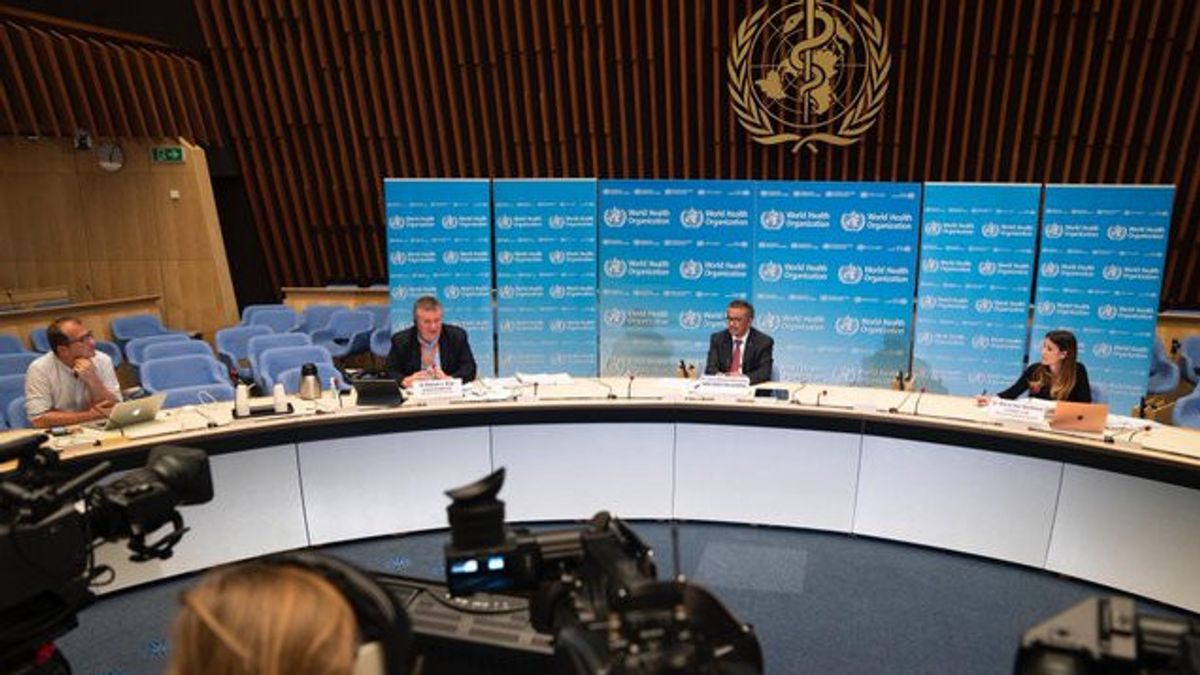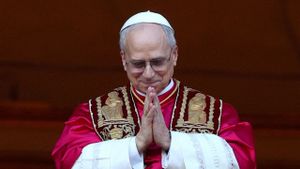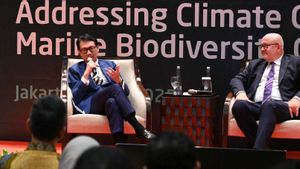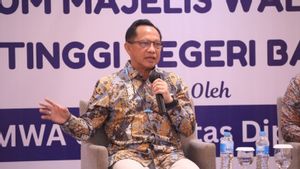JAKARTA - Countries that are easing restrictions on activities imposed to combat the spread of COVID-19 will have to wait at least two weeks to evaluate the impact of these restrictions on activities. This was conveyed directly by the World Health Organization (WHO).
The WHO said during a meeting to update the strategy on Thursday that the world was at a "critical juncture" in the pandemic. Speed, scale and equity should be the guiding principles when deciding what action is needed next.
WHO also appealed to every country to implement comprehensive public health measures. This is to maintain a stable low level of conditions or when conditions without continuous transmission.
Countries in the world must also prepare for a quick reaction if one day the fast spike occurs again. Some of the countries hardest hit by the virus are now considering lifting lockdown rules and restarting normal lives.
The WHO says that any such decision must be made in stages and accompanied by an evaluation of its impact before further new steps are taken.
. @ WHO is continuing to: -study the # coronavirus-learn from many countries about what works & share that information with the world-train # healthworkers-bring together experts to exchange knowledge-provide technical guidance-ship medical equipment to countries in need pic.twitter.com/6c3G4I8T8o
- Tedros Adhanom Ghebreyesus (@DrTedros) April 15, 2020
It is known that China began lifting some of the strictest restrictions imposed in Hubei Province, where the disease first emerged at the end of last year. In the United States (US), the country with the world's largest number of cases and deaths, President Donald Trump has urged several state governors to start re-opening their business activities.
Several countries in Europe have also initiated small steps to reduce physical distancing or lockdown regulations. Several businesses in Spain, including construction and manufacturing, have been allowed to resume operations even though shops, bars and public spaces must remain closed until at least April 26.
Italy, which has the second highest death toll in the world, maintains some strict restrictions on public activity. Meanwhile, Denmark will reopen child care centers and schools for children in grades one to five.
"To reduce the risk of a new outbreak, steps must be taken in stages, prudent steps based on an assessment of epidemiological risks and socio-economic benefits in lifting restrictions on employment, educational institutions and other social activities," the WHO said.
"Ideally there will be a minimum of 2 weeks (according to the incubation period of COVID-19) for each transition phase, to provide sufficient time to understand the risks of a new outbreak and respond appropriately," he added.
WHO tirelessly warned that many risks were still to be faced. Some of this is the risk of the outbreak returning and the resurgence of COVID-19 that will continue. The global health organization based in Geneva, Switzerland also issued its advice to the US.
The WHO has previously come under fire from the US over that the health organization is too China-centric. Trump even said that the US would delay funding the WHO. Even though in this critical time, the US should be able to hold hands with other countries to be able to fight the COVID-19 pandemic, not cut its aid.
The English, Chinese, Japanese, Arabic, and French versions are automatically generated by the AI. So there may still be inaccuracies in translating, please always see Indonesian as our main language. (system supported by DigitalSiber.id)













